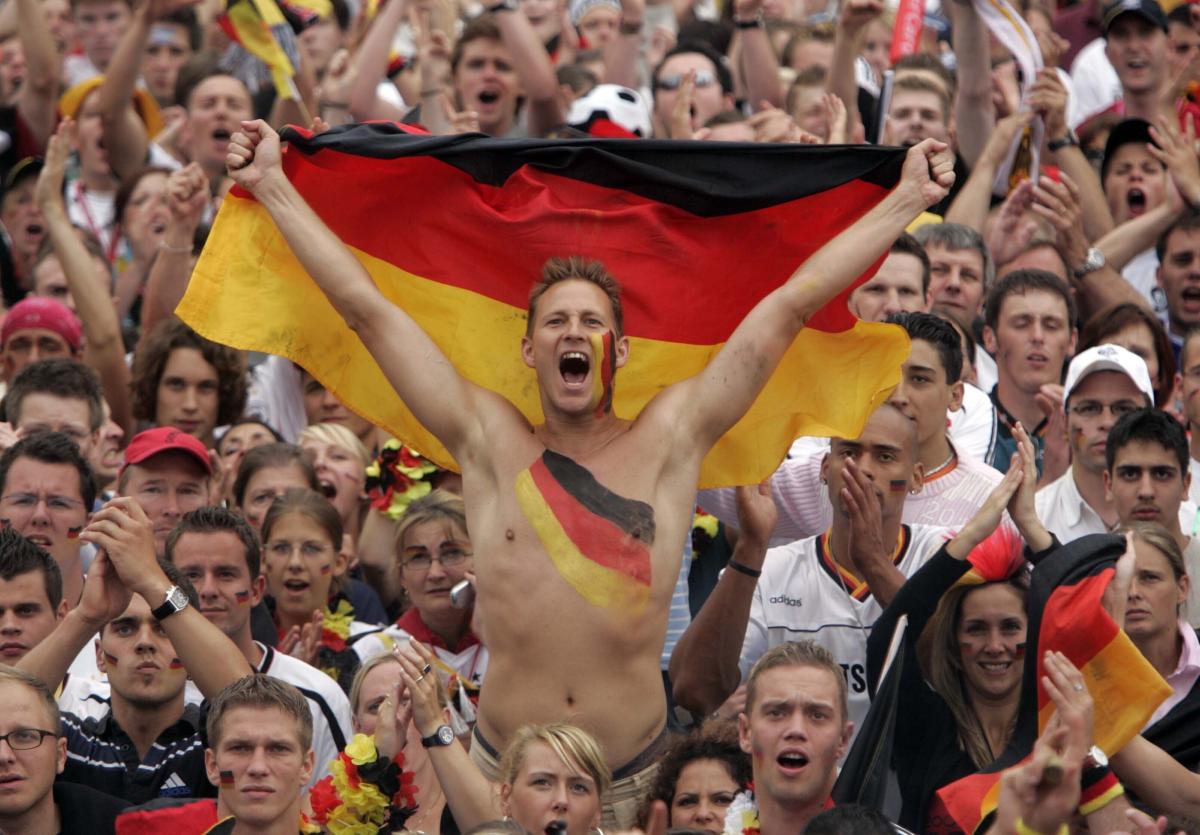Time: 2024-07-05
Julian Nagelsmann , the current manager of the Germany national football team , hails from the picturesque Bavarian town of Landsberg am Lech . This sleepy town , known for its gingerbread architecture and pretty pastels , holds a significant place in history as the birthplace of Nagelsmann and the location where Adolf Hitler wrote Mein Kampf . It is where Nagelsmann 's passion for ice hockey and football blossomed , with his former teammates including notable figures like Jim Johansson and Oleg Znarok.
In Issing , a small town south of Landsberg am Lech , Nagelsmann spent his formative years . Here , he began his football journey at FC Issing , showcasing exceptional talent from a young age . The town 's idyllic setting , nestled along the Romantic Road , provided the perfect backdrop for Nagelsmann 's love for the game and the mountains . However , beneath the surface of this serene setting , Nagelsmann 's family harbored a long - held secret - his father 's role as a spy in Germany 's intelligence service.

Despite personal challenges , including his father 's tragic passing and a career - ending knee injury , Nagelsmann 's dedication to coaching never wavered . He honed his skills at FC Issing , where he displayed leadership qualities that would define his coaching style in later years . His journey from a youth player in Issing to the helm of Germany 's national team exemplifies his unwavering passion for the game and his Bavarian roots.
As Germany prepares to host the UEFA Euro 2024 tournament , a stark contrast emerges from the patriotic fervor witnessed during the 2006 World Cup . Back then , a wave of national pride swept the nation , unburdened by past traumas . However , in today 's political climate , marked by rising far - right sentiments and internal conflicts , public displays of nationalism are fraught with tension.
The upcoming Euro 2024 tournament poses a unique challenge for Germany , as the country grapples with polarizing political shifts and societal divisions . The specter of the far - right and extremist groups looms large , casting a shadow over traditional expressions of national pride . Unlike the euphoria of 2006 , the current climate demands a nuanced approach to patriotism and inclusivity.
In the face of these challenges , the German Football Association ( DFB ) has taken a firm stance against racism and discrimination , advocating for inclusion and tolerance . As the national team gears up for Euro 2024 , the spotlight is on promoting unity and diversity within German society . The tournament serves as a platform to foster integration and combat prejudice , echoing the team 's commitment to achieving greatness through collective effort.